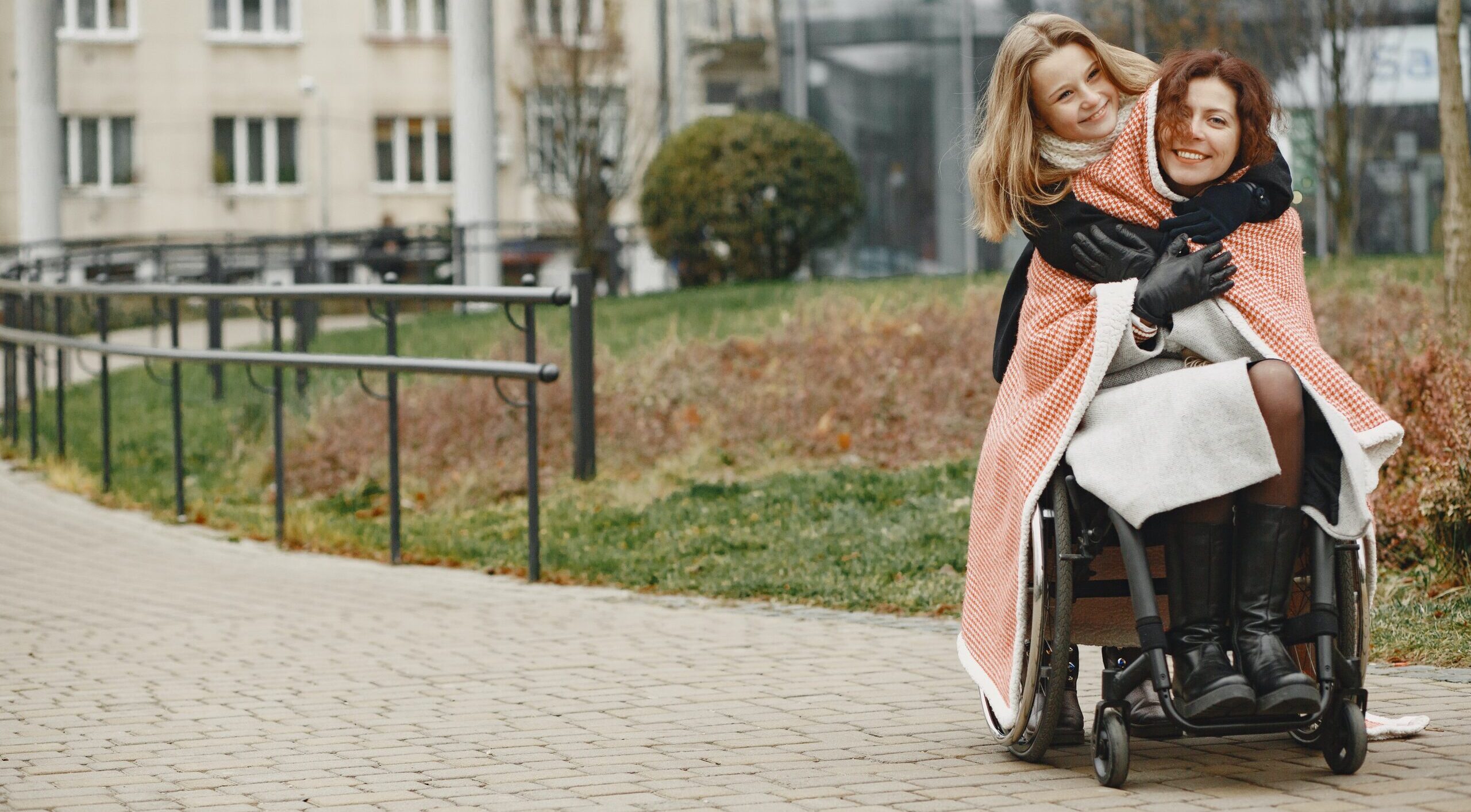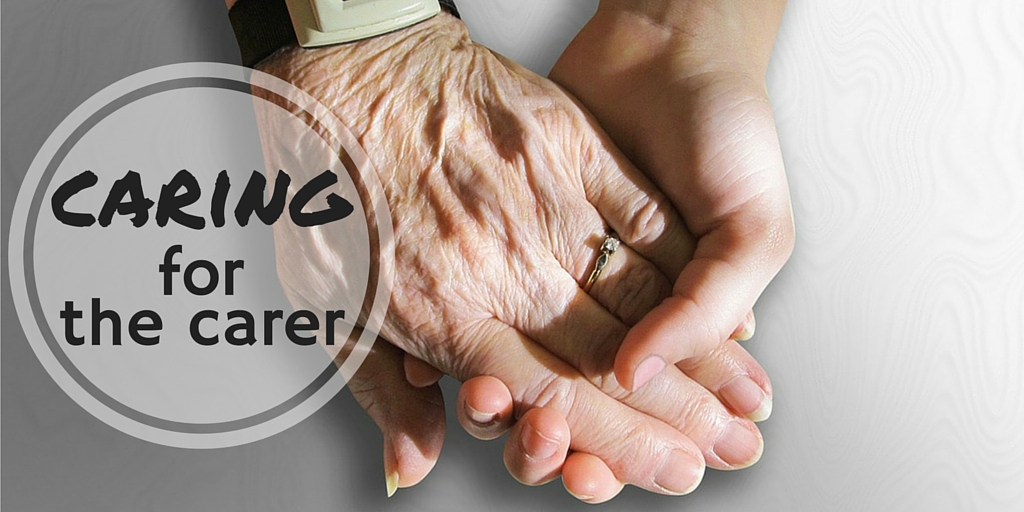
Carers Week is an annual campaign to raise awareness of caring, highlight the challenges unpaid carers face and recognise the contributions carers make to families and communities throughout the UK.
It also helps people who don’t think of themselves as having caring responsibilities to identify as carers and access much-needed support.
This Carers Week, Mary Jordan, author of ‘The Essential Carer’s Guide to Dementia’, details what being a carer to those with dementia means, and how people can lend them more support in their role.
Was there ever a more difficult time to be a carer? Especially a carer of someone with dementia.
Dementia is a very difficult condition to deal with. It is unpredictable. It is not an illness that has a set ‘pattern’, nor despite many texts to the contrary are there set ‘stages’ that the person with dementia goes through as their illness progresses.
The things that can help
A few things are known to be helpful: social stimulation, connections with close friends and relatives, access to good medical attention and support and advice, timely intervention when ‘crisis’ (such as falls, urinary tract infections, or accidents) occur.
All these have been denied to carers over the past two years.
How things changed.
A face to face meeting with the GP has become almost unknown. Appointments with a specialist are fraught with complications. Support services are discontinued. Outside visitors are not allowed during hospital stays. Friends cannot visit. Family members are denied access to residential care homes. Rehabilitation services are not functioning.
What carers are telling me
Rather surprisingly (to my mind) most carers are fairly accepting of the lack of face-to-face contact with GPs. After an initial period, most of them seem to have got to grips with technology enough to manage telephone, or remote contact via internet consultations. The biggest difficulty seems to be with access to ancillary services such as physiotherapy, rehabilitation, falls clinics, speech and language therapy and sight and hearing services. These cannot be delivered remotely and the ‘backlog’ after lockdown seems to have led to long waiting times for appointments and treatment.
Support Services in the community
Many carers rely on social support such as dementia cafes, memory clinics, ‘Singing for the mind’, seated exercise classes, Cognitive Stimulation Therapy, carers support groups. All these services were forced to close during the severe ‘lockdown’ period but it is noticeable that as soon as it was permitted and reasonably possible most of these services re-opened. Sometimes there were restrictions or extra guidelines, but the community and voluntary sector made efforts to provide these vitally needed services.
A wide variation in provision
Once government guidelines were relaxed it might have been expected that access to health services would be quickly brought back to pre-pandemic normality. But there seems to have been a wide variation in maintenance of restrictions and this has created problems for carers. One chain of ophthalmologists still insists on full PPE for staff, face coverings for customers and queuing outside the premises whilst another invites walk-in appointments. Some dentists still (strangely) insist on face coverings for patients whilst others follow government guidelines that these are no longer necessary. Some physiotherapists and chiropractors do not allow anyone to wait on the premises, others have opened their waiting rooms.
Difficulties for people with dementia
Many people with dementia find difficulties in following social procedures such as standing in a queue, waiting in turn, facing a doctor or health practitioner alone (without the reassuring presence of a carer) wearing a face covering, or following a one-way system. Whilst these procedures may have been necessary when the pandemic was at its height more thought needs to be given and action taken to end unnecessary restrictions now.
Often health and social care businesses are forced to continue to press unnatural restrictions on customers and clients due to the pressures exerted by those providing Professional Indemnity Insurance. This is wrong. If the Government has indicated that the situation has eased, then this should be definitive.
Life is hard enough for those caring for someone with dementia. Does society need to make it even harder?
For more information about Mary Jordan’s book, ‘The Essential Carer’s Guide to Dementia’ or to read the first chapter free, click here.

